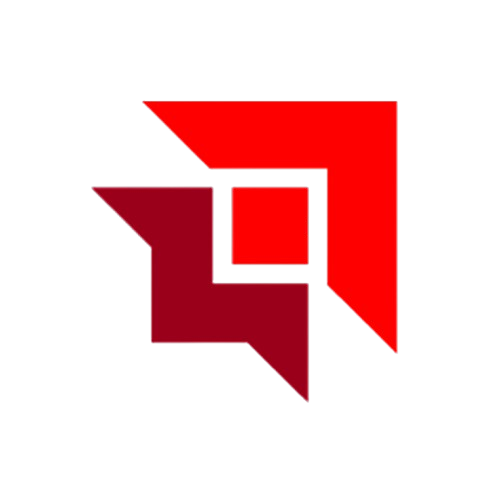When you hear “blockchain,” your mind probably jumps straight to Bitcoin or cryptocurrency. And honestly, you’re not alone. For years, crypto has been the loudest voice in the blockchain conversation. But here’s the truth: blockchain is way bigger than digital money.
Think of blockchain as a super-secure digital notebook. Imagine a notebook that everyone can see, everyone can agree on, but nobody can easily erase or alter once something is written in it. Every transaction, record, or detail added to it is permanent, transparent, and traceable. That’s what makes it powerful.
Now let’s talk about how it works in real life—beyond Bitcoin.

One big use of blockchain is in land ownership. Did you know that about 70% of land in developing countries isn’t properly documented? That’s why land disputes and fake property documents are so common. With blockchain, once land ownership is recorded, it can’t be changed or forged. Countries like Ghana and Rwanda are already testing this system, and it could mean fewer land fraud cases and more peace of mind for property owners.
Another example is tracking goods in the supply chain. Think about the journey of a tomato: from a farmer’s field, to a truck, to a market, to your kitchen. At each step, there’s room for confusion, spoilage, or even fraud. Blockchain lets us see the full journey of that tomato on a secure digital record. Big companies like Walmart are already using it, and for Africa, this could help farmers get fairer prices, reduce food waste, and improve trust in exports.
Then there’s financial inclusion. The World Bank says over a billion people in the world still don’t have access to banks. But many of them have smartphones. Blockchain makes it possible for anyone with a phone to save money, borrow, or even send payments without needing a traditional bank. For small business owners, artisans, or market women in Nigeria, that could be life-changing.
Another exciting area is education. Believe it or not, a large percentage of academic certificates in Africa are forged. Blockchain can solve this by storing certificates in a tamper-proof digital system. Employers can instantly check if a certificate is real, students won’t need to keep running around to prove their achievements, and fraudsters will have a harder time faking credentials.
All these examples show one thing: blockchain is about trust. It creates a world where you don’t need to “take someone’s word for it”—you can simply check the record. And for Africa, where corruption, fraud, and weak systems have held us back, this could be a complete game changer.
Of course, blockchain isn’t magic. It still depends on humans to enter the correct information in the first place. And for it to spread widely, we need stable internet, electricity, and government willingness to adopt it. But the potential is huge.
So how can this affect you? If you’re in real estate, you might soon see land records being handled on blockchain systems. If you’re in agriculture or trade, your products could be tracked from farm to table. If you’re an entrepreneur, blockchain could help you add transparency and trust to your business.
At 9th Marketplace, we’re already thinking about what this means for buyers, sellers, and logistics partners. Imagine a system where every product’s origin, every payment, and every delivery is recorded in a way that nobody can tamper with. That would make online trading safer, more reliable, and more transparent for everyone.
Blockchain isn’t just about Bitcoin—it’s about building systems that people can finally trust. Whether it’s property, food, money, or education, blockchain has the power to make life fairer and more transparent across Africa.
So, the next time someone says “blockchain equals Bitcoin,” you can smile and say: “Actually, it’s much more than that.”
